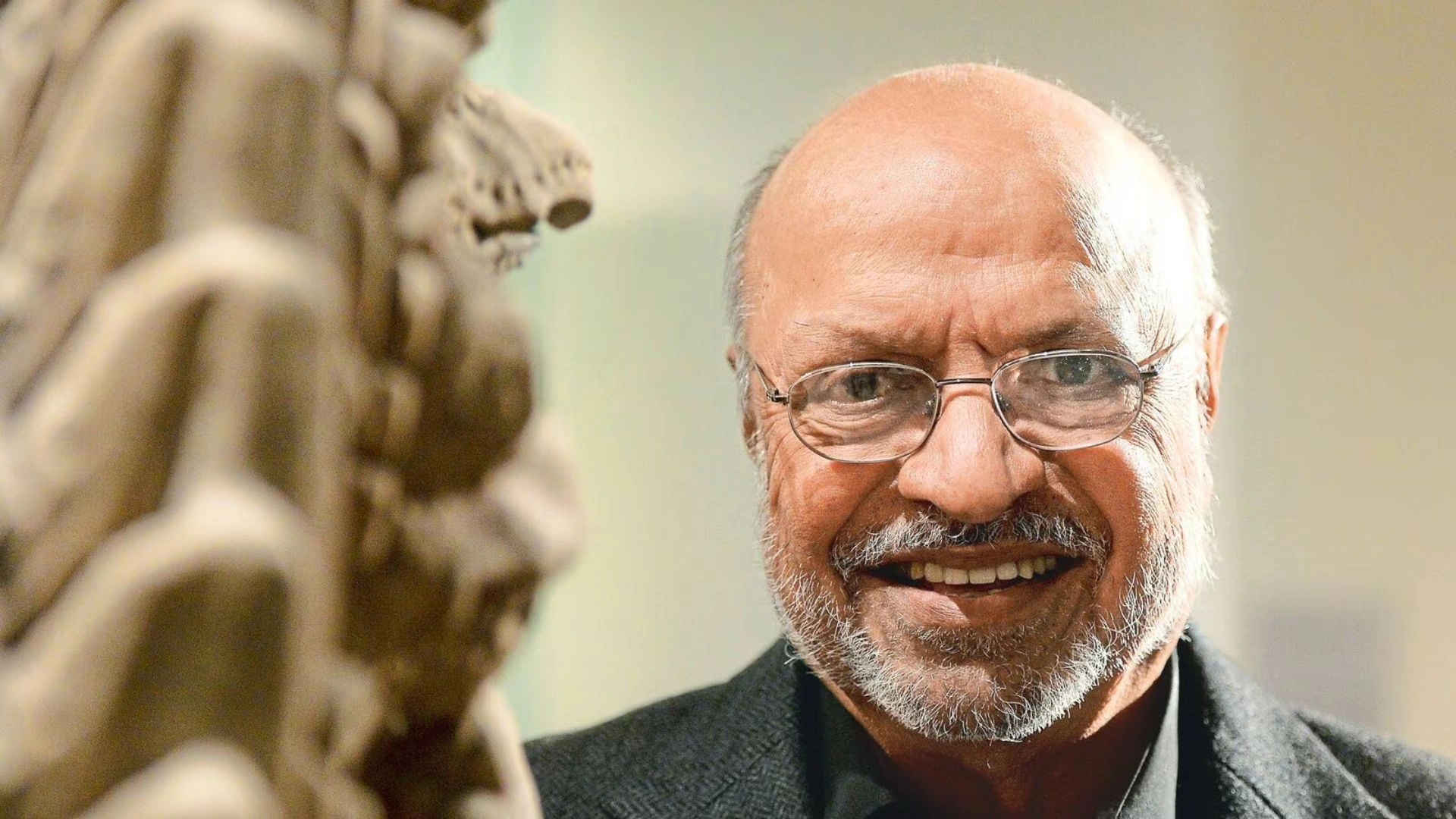Former Australian cricketer Ian Chappell expressed his concerns about the future of Test cricket being “endangered” due to the popularity of cash-rich T20 leagues worldwide and expressed his thoughts on the “abysmal” pace of play in the long format.
In a column for ESPNCricinfo, Ian wrote that the administrators are attracted to the popularity and big financial rewards of T20 leagues, which, together with the cost of preparing cricketers through first-class cricket and the lack of competition between Test-playing nations, have contributed to Test cricket becoming an “endangered species”.
“It is no secret that Test cricket is an endangered species. Administrators are enamoured of T20’s popularity and its huge financial rewards; there has been a world-wide explosion of T20 leagues and now players are signing long-term contracts with major T20 franchises. These are all contributing factors. However, the list also includes the exorbitant cost of preparing cricketers through longer-form first-class competition and a lack of competitiveness among a number of Test-playing nations,” said Chappell.
Chappell said that there are talks about reducing the duration of a Test match from five days to four. Though he noted there are valid reasons for it, like increasing costs, why was the slow pace of the long format game not being addressed? He also said that England Test skipper Ben Stokes is trying to improve the entertainment factor of Tests but administrators are not taking enough initiatives to match his efforts.
“Discussion is gaining momentum for four-day tests in the wake of five-day games lasting slightly longer than a 50-over match. There are valid arguments about the increasing costs and the introduction of four-day Tests, but why is not the tardy pace of play being addressed?,” said Ian.
“The pace of play in Test cricket is abysmal. It’s slowing every day and nothing is being done to improve matters. On the one hand, Ben Stokes genuinely strives to improve the entertainment quotient of Test cricket but he is being undermined by the administrators’ lack of initiative,” he added.
Chappell questioned why batters are allowed to meet mid-pitch without any penalty and not informed about staying with their stance at the crease while the ball is being delivered. He also questioned the frequency of bringing drinks outside of regular breaks, glove changes and “pointless replays” to decide if a shot hit is a boundary or not.
“Heat extremes excepted, why allow drinks at times outside of the regular break? Why do glove changes occur so often? Surely this is more superstition than need. Why aren’t boundaries signalled only for balls that hit the rope rather than allowing pointless replays that look at the whereabouts of a fielder’s feet or hands?” said Chappell. He also raised questions over the player’s conduct with umpires, excessive appeal, tactical reviews and replays.
“Have administrators heard how players should not argue with an umpire? Then why do those same administrators encourage arguing with an umpire by allowing players to review decisions? The number of tactical reviews is growing out of hand and replays are taking too much time. How come players are allowed to charge at umpires while they are appealing without any recrimination? I was appalled to see Australian players indulge in this heinous behaviour in the SCG Test recently. This bad habit should be subject to a penalty,” he said.
The former Australian batter also raised the point that a bowler has to nominate his method of bowling through an umpire but a batter can switch his stance from left-handed to right-handed and “undermine field placings.”. He opined that batters should not be allowed to change the order of their limbs to play a shot since it is unfair.
“How can it be fair that a bowler has to nominate his method of delivery through the umpire (right- or left arm, over or round the wicket) but a batter can face up left-handed but then change to play a right-handed shot? There is one main reason for this: to undermine the field placements. There is no doubt it is skilful, but it’s not fair. Fairness should be a consideration when framing cricket’s laws. A batter should not be allowed to change the order of his hands or feet,” said Chappell.
“When did using your feet cleverly become more dangerous than playing a premeditated sweep shot?,” he added. Chappell also raised his voice against improvements in cricket bats and shorter boundaries, accusing the innovations of being done by someone “who considers bowlers a necessary evil”.
“Either that or they are delusional about the resultant escalation in sixes that excite fans who pay entrance money. That and the huge rights fees that T20 leagues attract can be the only reasons why a ludicrous imbalance in playing conditions is maintained,” he added. Ian said that a game-time clock is under trial in white-ball cricket to ensure that the game moves at a respectable speed. But the game should be allowed to move naturally, “because the administrators adjudicated responsibly to ensure all matches moved at an acceptable pace.”
Chappell also questioned when the minimum number of overs in a day’s play was completed within the regular time allocated. He said “overtime” is one of the most boring aspects of cricket. “Six hours of cricket are ample–for players, fans, the viewers and administrators. Everything should be done to avoid the game enduring over time. Overtime is one of the more boring aspects of cricket.
Chappell called for cricket to be operated as a partnership between players and administrators. “It is about time that relationship was formalised and the game was allowed to grow accordingly. There is no doubt that cricket’s move into the modern era has left some former players flummoxed. Nevertheless, there is nothing wrong with administrators displaying decision-making strength that is backed by common sense,” he concluded.

















